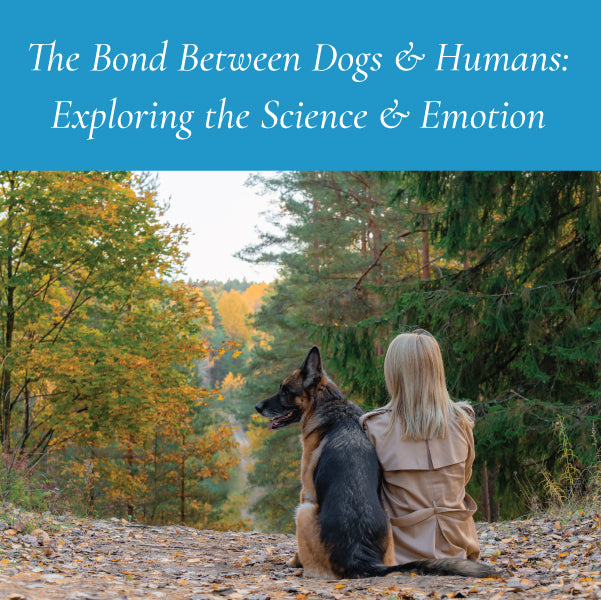The connection between dogs and humans is profound and multifaceted, transcending simple companionship to encompass emotional depth, psychological support, and mutual well-being. This unique relationship, cultivated over thousands of years, is not only cherished by pet owners but is also a subject of scientific interest. Here, we delve into the emotional and scientific aspects of the bond between dogs and humans, shedding light on how this special relationship benefits both species.
The Emotional Connection
The emotional bond between humans and dogs is evident in daily interactions. Dogs have an innate ability to sense our feelings, providing comfort and companionship during times of stress, sadness, or joy. This empathy may stem from their history as pack animals, where understanding and responding to the emotions of others was crucial for survival.
Source: Psychology Today discusses how dogs are capable of reading human emotions, highlighting studies that show dogs can differentiate between happy and angry facial expressions.
The Science of Attachment
Research in animal behavior and psychology reveals that the human-dog relationship mirrors the attachment between parents and their children. This bond is facilitated by the hormone oxytocin, often dubbed the "love hormone," which is released during moments of closeness and interaction, such as petting or eye contact, fostering a sense of trust and mutual affection.
Source: A study published in "Science" found that eye contact between dogs and their owners increases oxytocin levels in both, suggesting a biological basis for the bond.
Dogs as Social Catalysts
Dogs also play a significant role in facilitating social interactions among humans. Walking with a dog often leads to more conversations and interactions with others, enhancing the owner's social life and sense of community. This effect has been observed in various settings, from urban streets to natural parks.
Source: A research article in "PLOS ONE" explores how dogs act as social catalysts, enhancing their owners' human-human interactions and contributing to social capital.
Health Benefits
The benefits of the human-dog bond extend into physical health. Dog owners often experience lower blood pressure, reduced cholesterol levels, and decreased stress levels, leading to overall better cardiovascular health. Furthermore, the routine of dog care encourages physical activity, which contributes to a healthier lifestyle.
Source: The American Heart Association published a statement on pet ownership and cardiovascular risk, suggesting that owning a dog is associated with lower heart disease risk factors.
Therapeutic Effects
Dogs have been increasingly recognized for their therapeutic effects, serving as assistance animals in various settings, including hospitals, schools, and nursing homes. Their presence can reduce anxiety and improve mood in people facing health challenges, disabilities, or mental health issues.
Source: The Mayo Clinic Proceedings journal includes studies on animal-assisted therapy, highlighting the positive impacts of dogs on human health and emotional well-being.
Understanding and Respect
While the bond between dogs and humans is strong, it's essential to approach it with understanding and respect for the dog's needs, instincts, and well-being. This means providing proper care, training, and socialization, as well as respecting their nature and boundaries.
Source: The Humane Society offers guidance on understanding dog behavior, emphasizing the importance of a respectful and compassionate approach to pet ownership.
The bond between dogs and humans is a remarkable blend of emotional connection and scientific phenomena, offering mutual benefits that enhance both lives. Through understanding, care, and respect, we can foster this bond, ensuring it remains a source of joy, comfort, and companionship. As we continue to explore the depths of this relationship, it becomes clear that the connection between dogs and humans is not just about companionship; it's about a shared life, with profound impacts on our health, happiness, and social lives.
Sources
- Psychology Today
- Science
- PLOS ONE
- American Heart Association
- Mayo Clinic Proceedings
- The Humane Society

